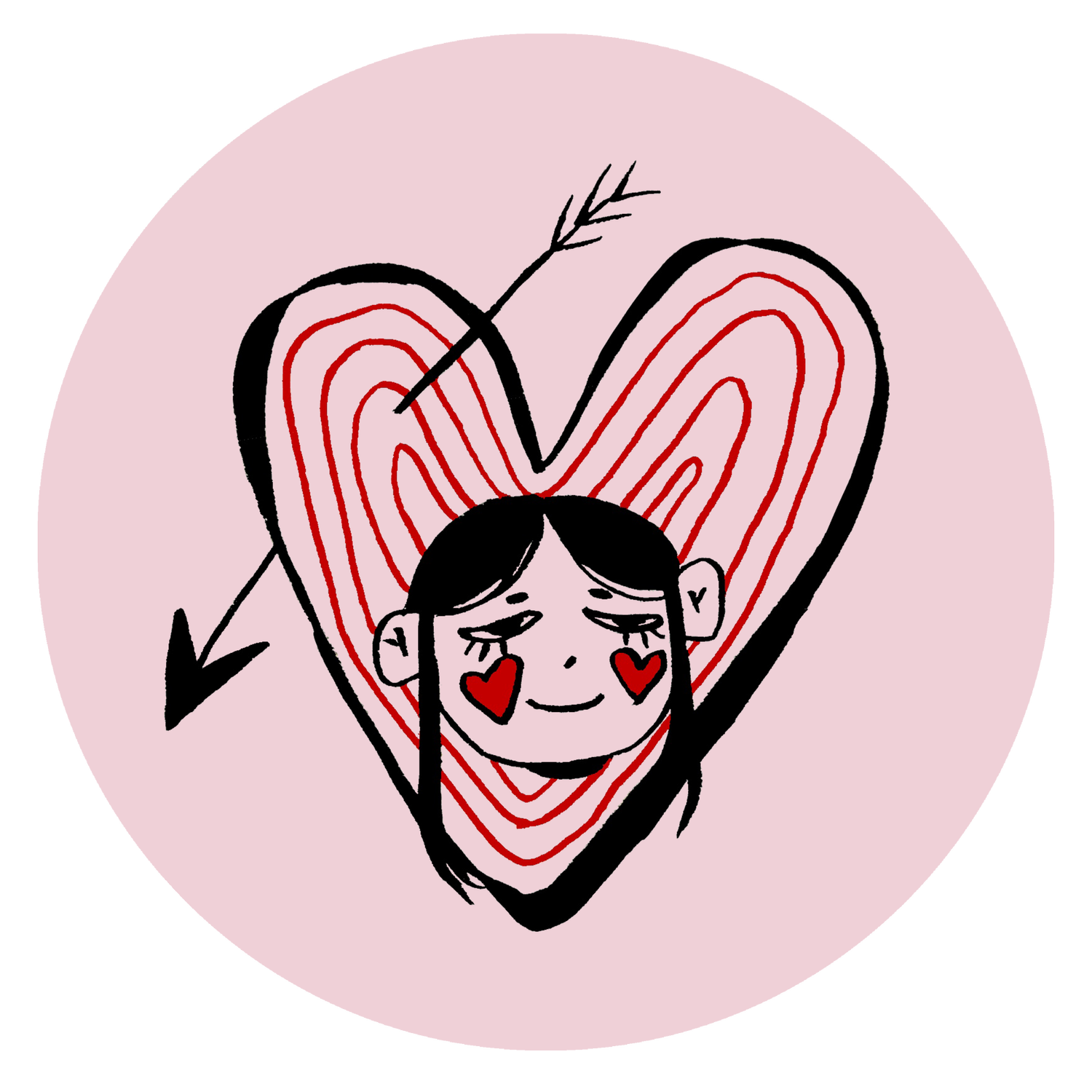Redefining Teen Girl Taste
Ever since I was young, I rejected anything that was traditionally feminine or girly. I understood that there really is no outright distinction between things for boys and girls since it’s all made up. Still, this didn’t stop me from rejecting trivial things like toys and clothes. Dressing in “boy clothes” and hating the color pink wasn’t me exploring my interests or expanding my taste; rather, it was me straining against the bonds of societal influence. I felt that I was a better, more refined person for rejecting “girly” and “childish” things; this was my act of nonconformity. I’ve come to realize that this is a widely shared experience. The degradation of traditionally feminine qualities affects all children by enforcing a stigma around these concepts. From youth, we are taught to value female-oriented things less, from toys and clothes to art and music. This seems to proceed effortlessly into adolescence and adulthood, where we see more and more stigma around taste form.
This isn’t anything new. A quick glance at any of our childhoods will make apparent that the desire to be unique was part of our collective experience. There are a few experiences that stand out the most for us as girls: we aimed not to be “like other girls”, tried to appeal to both our own taste and what we felt we should have liked, and put up with judgment and demeaning comments. For the most part, we now accept that those gender roles and gender itself is primarily a construct, but to say they had no impact on us growing up is hard to claim. In a white-dominant patriarchal system, it’s unavoidable for those in power to influence art and culture. There is a general lack of acceptance of art targeted at anyone who isn’t a white, straight, cis, traditionally masculine male.
Growing up, it’s fun for us to explore our taste and our interests, to branch out with the art we engage with. However, I’ve seen this exploration bring out not only other people but my own passive, internalized misogyny. By simply listening to artists that weren’t super popular or “trendy,” I felt like a better, more grown-up individual.
During this period I began to observe how I, and others similar to me, treated those whose taste didn’t match ours. We discredited their taste, claiming that they were just going with the norm and not bothering to branch out and explore music with “real depth.” It’s jarring how similar our language and approach to the topic was to the misogynistic claims made by the people we swore we wouldn’t become. The patriarchy’s ability to ingrain misogynistic notions has led to women putting down other women without even realizing their part in the system. Women are expected to display individuality on a larger scale than men just to avoid discreditation. Women have to be seen as “special” to be desirable or even just considered as their own human entity. No matter what gender we identify with, everybody has a role to play in getting rid of the perpetual judgment of women and girls. The surge in “respectable taste” may be deemed cultivating or sophisticated, but it is a thinly disguised veil for the misogyny present.
I’ve seen many older men and teenage boys argue that women lack the depth to appreciate and understand what “true art” is, based on women being the primary audience to many pop artists. Why is the taste of those who set trends, make money, popularise artists, and sell out stadiums looked down upon? Teen girls are arguably the ones who contribute the most to keeping the music industry alive. However, stigma and reputation are nothing new. Whether it’s The Beatles in the 60s or Harry Styles now, the attention of teen girls seems to result in artists being looked down upon, regardless of their success. This cycle of internalized misogyny has continued generation after generation.
As girls, we are so used to having our interests belittled that we have become complacent in our responses to the discrimination we face as if it is trivial and not worthy of our time. Many of us ignore harsh comments and no longer defend ourselves or the opinions of other girls, mostly because we want to avoid being labeled as “crazy” or “obsessive.” We’ve developed an internal dialogue, asking, “Why should I even bother?” when confronted. However, we fail to recognize that, by choosing to do nothing, we’re involuntarily contributing to the cycle of misogyny.
Now, I’ve learned that art isn’t defined by public opinion. I’ve learned to let go and enjoy art for what it is, not what it's perceived to be. It feels liberating to actually listen to and enjoy music that I might have shunned away from for no true reason. Whilst it is incredibly difficult to change something embedded in society, it’s important to remember to start with yourself.
Redefining teen girl taste isn’t going to tear down the patriarchy, but it sure will leave a dent.
